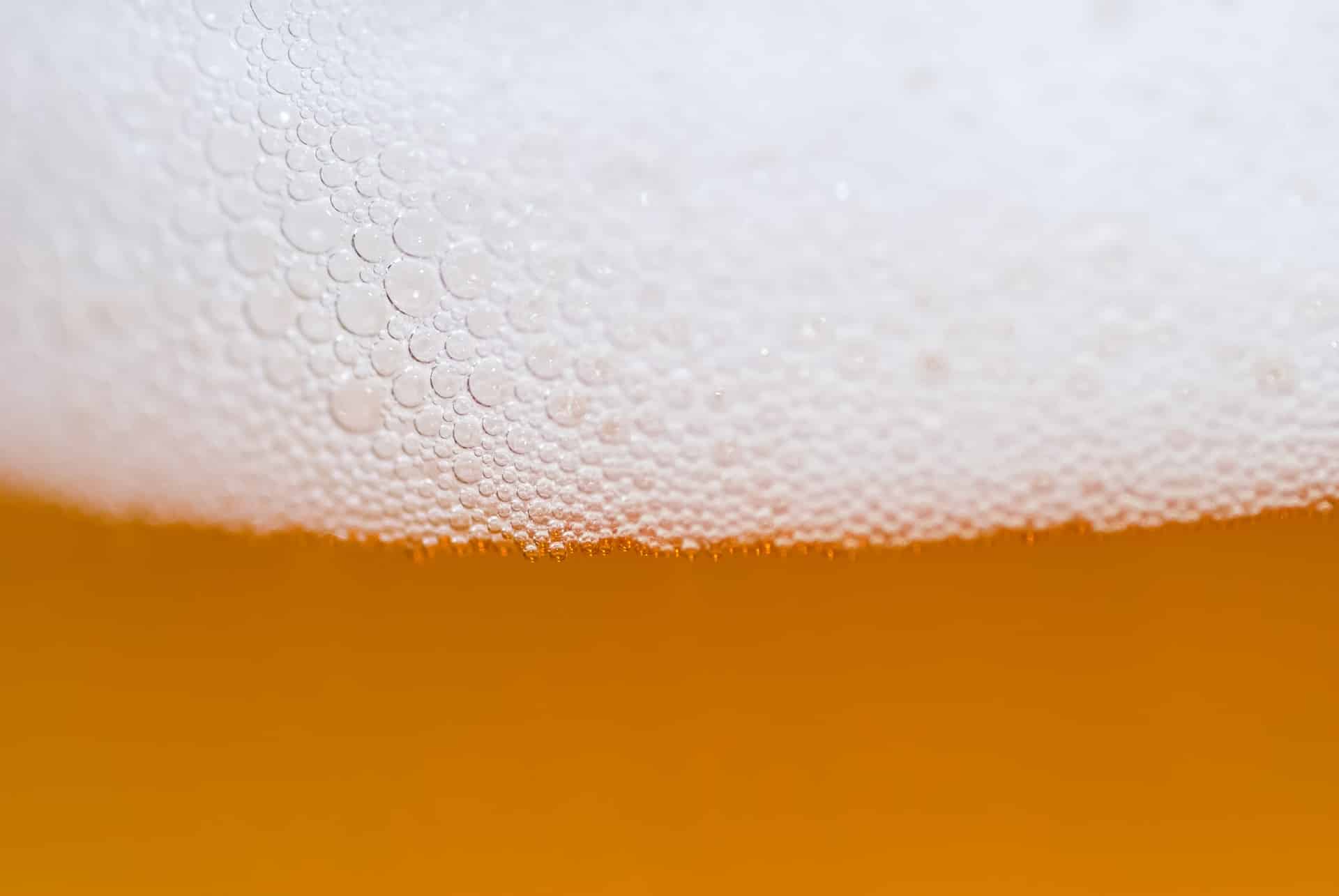In an attempt to make this editorial less dry, I thought we could talk about beer for a change. Interesting enough, we have been drinking beer for the past 8000 (!) years and that makes beer one of the oldest drinks humans have produced. Archaeological findings indicate the first beers were brewed by the Sumerians. They started off by preparing a “beer bread” out of germinated barley seeds, and then crumbling this bread into water. There, the damp grains fermented with airborne yeasts, which caused spontaneous fermentation leading to an “inebriating pulp.” The resulting beer was rich in nutrients and consumed more than water, and quickly became a dietary staple of civilians and nobility alike. The Sumerians called this liquid “sikaru”, which was finally boiled and mixed with a few herbs, resulting in a drink free of harmful bacteria.
The Sumerians then taught the Babylonians how to make beer, who passed it on to the Egyptians, who told the Greeks, then the Romans and when the English learned, the beer of then began looking more like the beer of now, and also got its name: the English word “beer” comes from the Latin “bibere” meaning, “to drink”.
At the basis of all of this is BARLEY. The demand for barley (more than the other grains) spread rapidly, so the production increased and one innovation after another led man through the first major era of “civilization”: The Agricultural Revolution, in which hunter-gatherers began settling. One could easily argue that beer was, at least in part, responsible for the domestication of man which I find an amusing irony.
For making bread, barley isn’t much good, but it is perfect for making beer. The success of barley comes from the fact that the seeds of this cereal contain a fermentable carbohydrate and, when malted, forms the origin of beer. The brewing process starts by exposing the barley grains to moisture so that these germinate, converting the starches into sugars. When the sugar levels are just right, the grains are roasted, resulting in a malt for starting the fermentation into beer. It is then flavored with hops, and brewing continues via slow fermentation. All the various steps in the process provide an opportunity for the brewer to create their own variation of beer, resulting in hundreds of different styles of the beverage that can be found all over the world. In Europe, the most popular craft beer types are IPA, seasonal, pale ale, amber ale, lager, wheat, bocks, and fruit beer.
Other continents have used different types of starchy plants for brewing, including maize (South America), soy (India and Persia), millet and sorghum (Africa) and rice (Far East). However, for beer, barley is the number one choice because the seeds germinate quickly and have a rich flavor after roasting. Nonetheless, to accommodate people suffering from celiac disease, more and more gluten-free beers are brewed, using other cereals, such as sorghum, rice, millet, corn, buckwheat, oats and even agave to create gluten-free beer.
Among the various grains, barley was ranked fourth in quantity produced (149 million tons in 2017) behind maize, rice and wheat. And of all the barley that is produced in the world, roughly 17% goes into beer brewing, varying a bit from region to region. The vast majority of barley production goes into feed for livestock.
But there is one caveat: drought resistance. The hot and dry European summer of 2018 resulted in an 8% lower yield compared to the average of the previous five years. Barley is a fairly temperate crop, predominantly grown in cooler regions like the North Central Europe. With rising temperatures, the negative effect on barley yield will increase and stable yields will become more unpredictable.
Once barley becomes relatively scarce, more of it will be funneled to livestock, since beer is technically a luxury good, leading to steep price hikes and corresponding decreases in global beer consumption. And this is where science and plant breeding come in. Earlier this year, scientists published the results of a five-year study in which they managed to isolate the specific gene responsible for drought resistance in barley– HvMYB1. Without it, beer might soon be out of reach for millions on this planet. Long live science and innovation!!
— European Seed is Seed World’s sister publication. Read it at european-seed.com!










